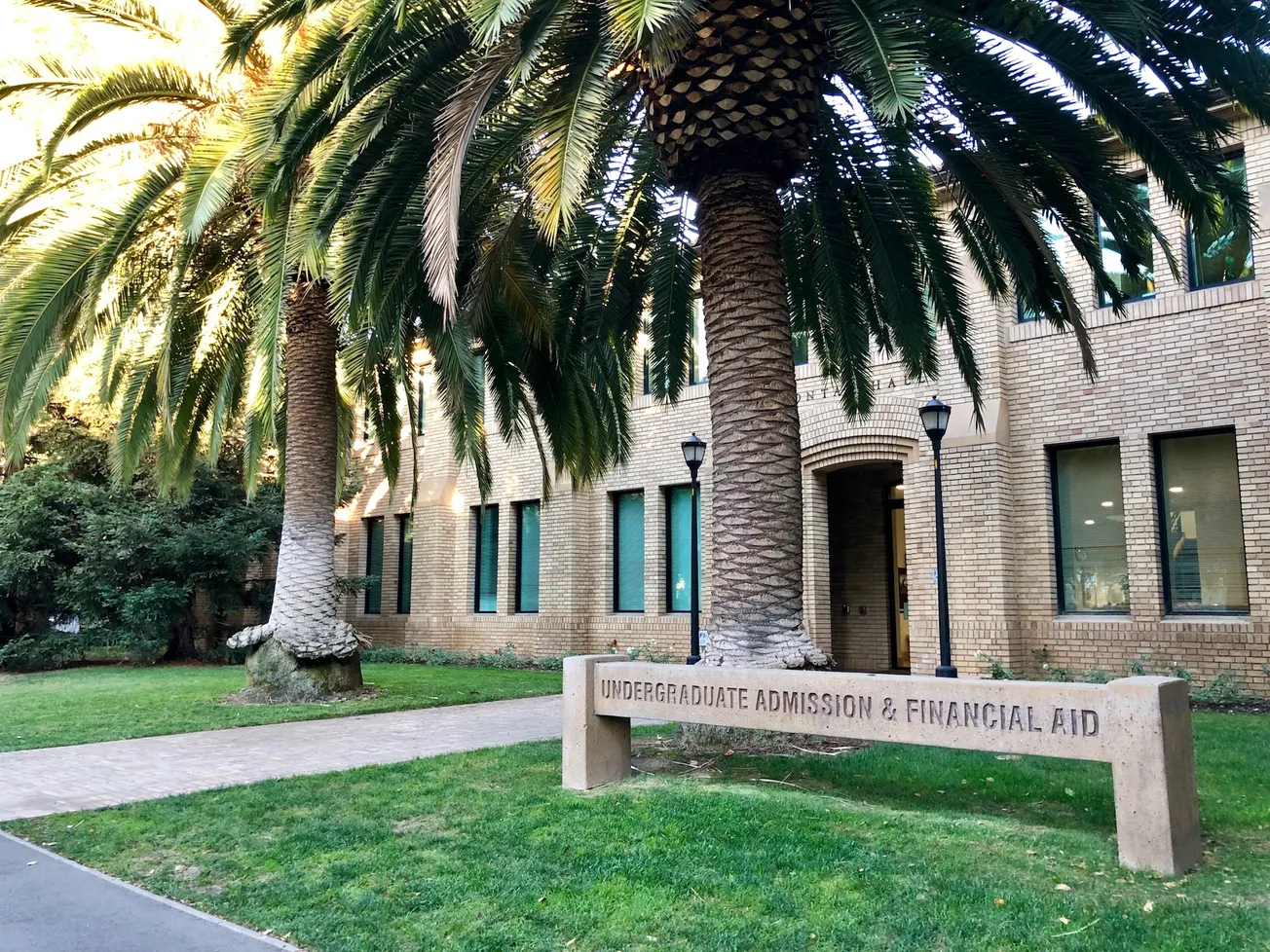Table of Contents
The benefits of racial, ethnic, and gender diversity are many and Stanford should continue to value such diversity in undergraduate admissions. However, administrators ought to distinguish between identity-based diversity and its equally important counterpart, ideological diversity. Racial, ethnic, and gender diversity may be necessary for ideological diversity. But they are insufficient to guarantee it.
Ideological diversity, of course, is essential for any university. It uniquely contributes to the intellectual vitality of learning spaces, from labs to discussion sections to dining halls. If Stanford’s aim is to foster creativity, originality, and learning, admissions officers ought to value ideological diversity just as much as they currently prize identity-based diversity.
Doing so would be directly in line with Stanford’s own diversity statement, which advertises that on the Farm, “students have the opportunity to learn from the wonderful diversity of identities, experiences, and perspectives that exist in the world” (emphasis mine). To live up to its own commitments, Stanford should institute ideology-based affirmative action.
But let’s follow this proposal to its logical conclusion. At Stanford, ideological affirmative action means affirmative action for conservative students, since political diversity all but guarantees ideological diversity. Ideally, our admissions policy would be even more fine-grained and advantage libertarians, independents, as well as students with unique religious backgrounds. While perhaps unintuitive, if we are truly interested in the benefits diversity has to offer, we must look beyond the narrow, identity-based definition in play presently.
At this point, it may come as a surprise that I say all of this not only as a card-carrying liberal but also as someone who lived in Columbae for three consecutive years. I break rank now because my experience as a graduate student at Columbia has closely mirrored my experience as an undergraduate student at Stanford. Especially as an upper-classman I lamented at once the absence of conservative perspectives and the rise of the self-congratulatory echo chambers that took their place. To be surrounded by only liberal students is just as problematic, and just as corrosive to intellectual vitality, as to be surrounded by only rich, white students.
In all of this, we can rest assured that in privileging conservative students we will have the blessing of the Supreme Court. For one, political affiliation is not a protected class. Second, even if it were, the Court has endorsed affirmative action only as it increases diversity that is deemed a “compelling state interest.” It is clear that ideological diversity is exactly of this kind. Indeed, nowhere in the Court’s majority opinions will one find that affirmative action, regardless of what the outraged reader may conclude personally, has anything to do with redressing historical wrongs.
The conservative student may here wish to extend my argument to the hiring of professors, especially as the liberal bias of the professoriate is quite substantial. Yet to focus on the ideological makeup of the professoriate ignores the central role that students play in each others’ educations.
Regardless of whether professors present alternative viewpoints, ultimately it is students who must engage in discussion meaningfully with their peers. What’s more, as Neil Gross, one of the co-authors of a 2007 study on political bias, points out, many academic fields simply are immune from political bias; even further, he argues convincingly that very few faculty are out to convert students.
One final note: greater ideological diversity is ineffectual without a commitment to engaging with it. As members of the university community, we must all do our part to address the tendency of a vocal and ideologically intolerant minority to stifle discussion.
If Stanford is to provide a rigorous education to its undergraduate students, and to foster a climate of intellectual vitality more generally, it is imperative that the university broaden the scope of its present affirmative action policy.









